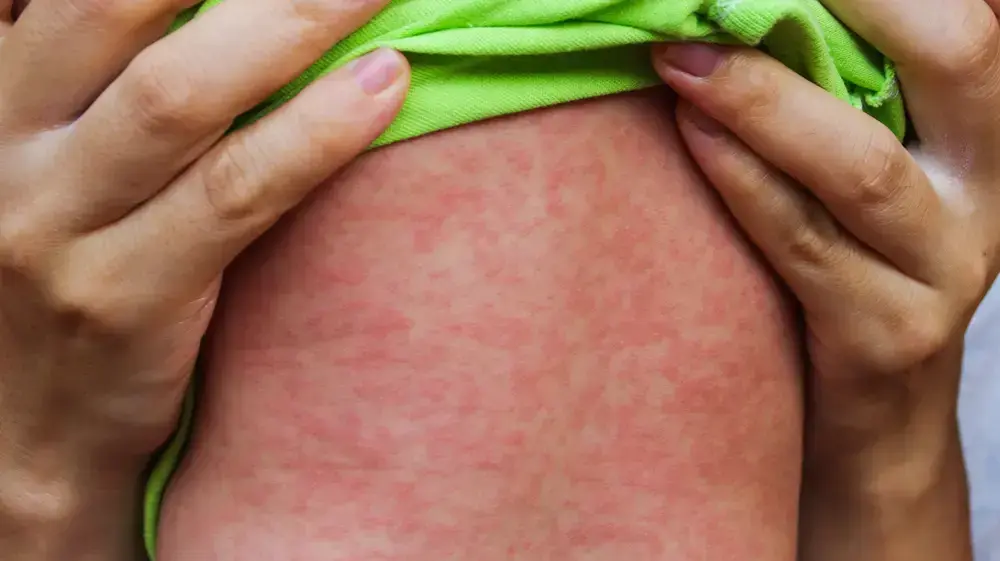Note to readers:
EL PAÍS offers the Future Planet section openly for its daily and global contribution to the 2030 Agenda. If you want to support our journalism,
subscribe here.
There is already an approximate date for equity in access to covid vaccines to become a reality instead of being an empty phrase.
The doses will start arriving in the least developed countries in late February or early March.
The highest representatives of the organizations that manage COVAX ―Unicef, the WHO and the Alliance for Vaccines (GAVI) -, a platform of rich and poor countries to join forces in research, price negotiation and distribution, have announced this Wednesday that 337 million will be supplied to 140 countries during the first half of 2021. Of these, 88 will obtain them at low cost through the Covax Anticipated Market Commitment (AMC, for its acronym in English), a fund that relies on aid donor development officer, as well as contributions from the private sector and philanthropy to ensure highly affordable prices to the most precarious economies.
More information
The price the rich will pay for not vaccinating the poor
Clash between the north and the south over the covid-19 patents
Goal: 2 billion vaccines against covid-19 for the whole world
What it costs to get a vaccine in a poor country
With these amounts, COVAX will distribute doses to 3.3% of the population of the countries on the recipient list during the first half of the year, a figure above its initial goal of immunizing 3%.
"Enough to protect the most vulnerable groups, such as health workers," the entities indicate in a statement.
This announcement comes shortly after WHO Director Tedros Adhanom Ghebreyesus lamented that the world was "on the brink of catastrophic moral failure if equitable access to vaccines is not guaranteed" and the publication of various reports warning of the dire economic consequences that failure to vaccinate the poor will have for the most prosperous nations.
Of the 337 million doses whose distribution and destination countries have been presented this Wednesday, 336 million will be from the one developed by AstraZeneca and Oxford University, and 1.2 million from the Pfizer-BioNTech vaccine (the first round of 40 million that the platform has secured with the pharmaceutical company).
This is how Seth Berkley, director of GAVI, has detailed it.
“We are as eager as you are to get these vaccines to their destination.
We hope they agree that today is a positive day for immunity equity ”, he declared.
"This is just the beginning," said Henrietta Fore, executive director of UNICEF, in a joint virtual press conference.
“More will follow.
We will continue working on the supply agreements ”.
In this sense, the president has announced that COVAX has negotiated with the Serum Institute of India the long-term provision of 1,100 million doses of Astra Zeneca and Novavax vaccines at three euros each, which will allow them to be distributed to 100 countries middle and low income.
"Is a good price.
By pooling our resources we can negotiate in bulk to obtain the best possible contracts ”, he specified.
COVAX has negotiated with the Serum Institute of India the long-term provision of 1,100 million doses of the Astra Zeneca and Novavax vaccines at three euros each
According to its calculations, COVAX will fulfill its commitment to provide 2 billion vaccines in 2021 to the requesting countries out of the 187 partners, also to the 92 low and middle income that cannot afford to purchase them.
But there is no time to lose, remarked Frederik Kristensen, deputy executive director of the Coalition for Innovations in Epidemic Preparedness (CEPI, for its acronym in English).
“There are poor countries that have not yet had a single vaccine.
We are at a critical moment in response.
The doses have to reach the developed countries, but also the poor ones.
If each country goes on its own, we will not be able to get out of it and we will enter a perverse circle ”, he recalled.
Until this Wednesday, more than 104 million people have been infected with covid-19 and more than 2.2 million have died from it.
"There is a long way to go;
now we face the challenge of new strains.
This pandemic will not end until effective vaccines reach all people ”.
This first batch has been made to wait because, once the dose availability alert was launched through the platform, the requests of all applicants have been received and evaluated, explained Ann Lindstrand, of the World Health Organization (WHO ).
Among the requirements, it is worth mentioning that the countries have the infrastructure to receive, store and supply the vaccines, in addition to having the health, material and human resources, so that the distribution is effective.
“With these indicative allocations, governments and public health experts can now initiate the necessary steps for a successful initial implementation of vaccines for front-line healthcare workers,” noted the UNICEF director.
“Our country offices will support authorities to ensure they are ready to receive the doses that require ultra cold chain.
This includes ensuring that healthcare workers are fully trained on how to store and handle vaccines.
We must do this well. "
This preparatory work, Fore said, has already begun.
“Bosnia and Herzegovina will be one of the first recipients of the vaccine Pfizer and UNICEF will provide eight refrigerators to store vaccines at -80 ° C.
The first two have recently arrived ”, he related.
In recent months, in addition, the agency has collected 500 million syringes, along with safe boxes to dispose of them.
"We have worked closely with airlines and other partners to ensure that all necessary planning and logistical arrangements are in place."
On the questioned readiness of low-income countries for vaccine distribution, Berkley highlighted the work that GAVI has done over two decades to improve their infrastructure, guarantee the cold chain and strengthen their basic health care systems.
"We have already brought millions of vaccines to those countries," he recalled.
FUTURE PLANET can follow on
,
and
, and subscribe
here
to our 'newsletter'
.










/cloudfront-eu-central-1.images.arcpublishing.com/prisa/KMEYMJKESBAZBE4MRBAM4TGHIQ.jpg)


/cloudfront-eu-central-1.images.arcpublishing.com/prisa/EXJQILQR5QI7OMVRTERD7AEZAU.jpg)
